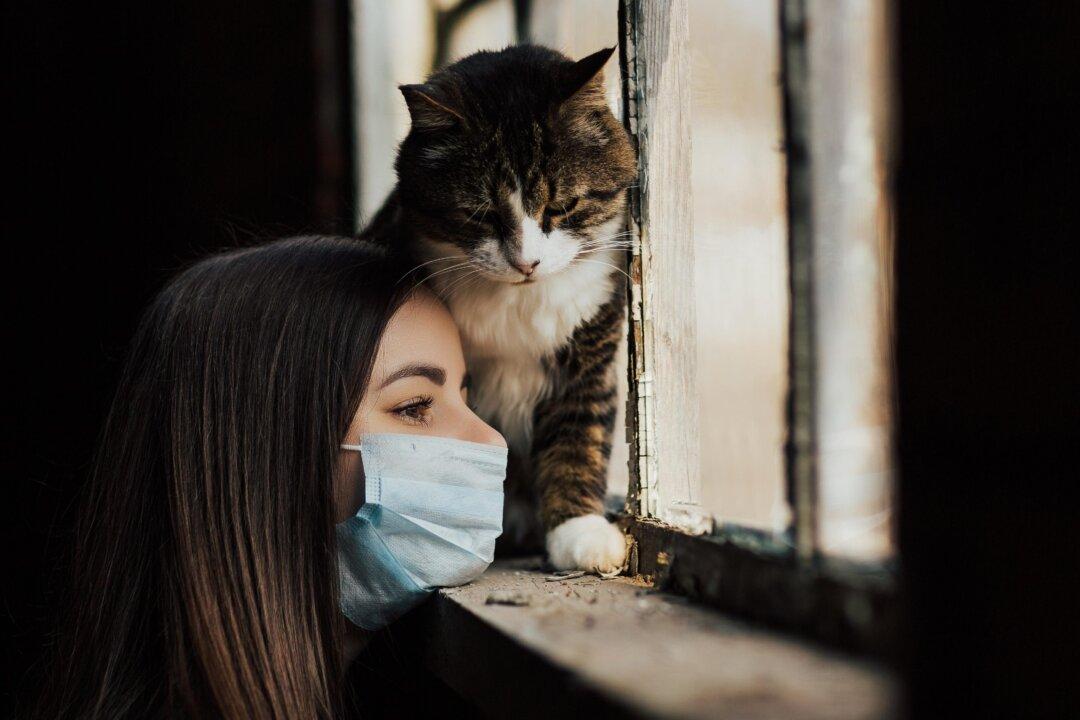Most of us have been under some level of lockdown for a better part of a year, resulting in a drastic drop in our social activities. These restrictive measures are intended to reduce the spread of a potentially deadly illness, but could they be breeding another problem?
Compared to an infectious pandemic, loneliness seems more like an inconvenience than a legitimate concern. But research finds that loneliness can be hard on both the mind and body. In addition to the anxiety and depression that commonly characterizes the social isolation of loneliness, studies find that it also poses a higher risk for heart disease, high blood pressure, stroke, obesity, a weakened immune system, and neurodegenerative diseases such as Alzheimer’s.






